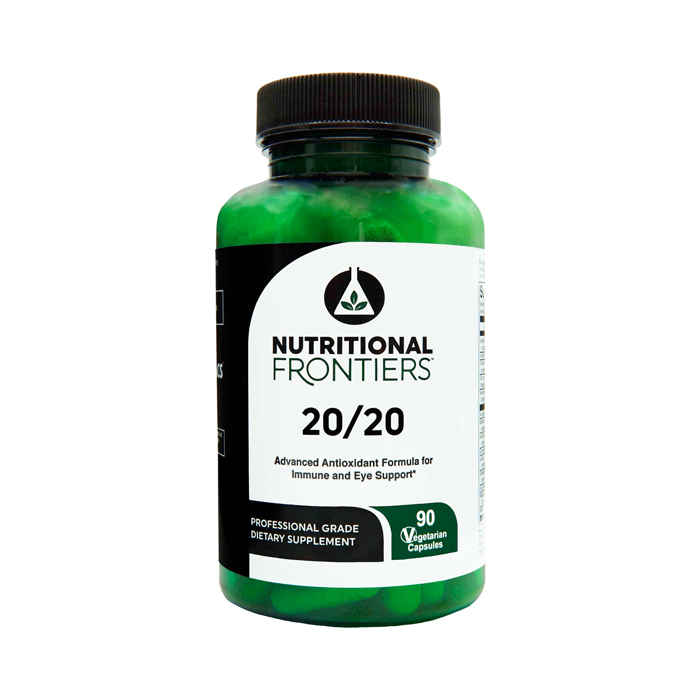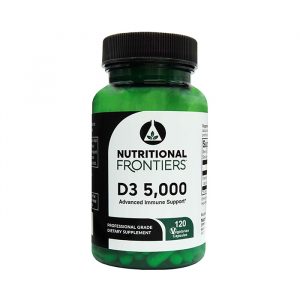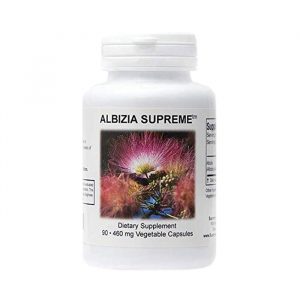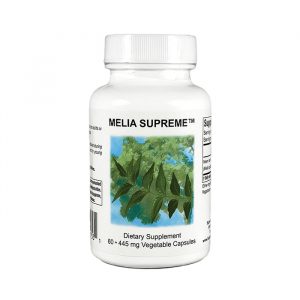Description
20/20 by Nutritional Frontiers Eye Health Formula: Comprehensive Vision Support
Nutritional Frontiers 20/20 Eye Health Formula is a blend of essential nutrients and potent herbs designed to protect and support your vision. It helps reduce the risk of age-related eye issues and shields against oxidative stress. Whether you want to prevent long-term damage or manage daily eye strain, 20/20 offers the support your eyes need.
Key Nutrients for Eye Health
Vitamin A: Essential for Vision and Immunity
Vitamin A plays a crucial role in maintaining eye health. Besides supporting vision, it strengthens the immune system by protecting the skin and mucous membranes from harmful bacteria.
Vitamin C: Antioxidant Defense for the Eyes
Research shows that a higher intake of vitamin C can lower the risk of cataracts. This potent antioxidant not only shields your eyes from oxidative stress but also slows the progression of cataracts, making it essential for long-term eye care.
Vitamin E: Enhancing Eye Longevity
Vitamin E is vital in reducing the risk of cataracts and macular degeneration (AMD). According to the Age-Related Eye Disease Study (AREDS), vitamin E supplementation reduced the risk of advanced AMD by 25%. Protecting vision as you age, vitamin E is key to maintaining eye health.
Zinc and Selenium: Supporting Macular Health
Zinc (TRAACS™) and selenium (Albion™) work together to enhance eye health. While zinc helps maintain proper eye function, selenium boosts zinc absorption, offering strong support for overall vision health.
N-Acetyl Cysteine (NAC): Protecting the Cornea
NAC elevates antioxidant levels, reducing oxidative stress in the cornea. This nutrient also supports corneal cell health, providing crucial protection against environmental damage.
Bilberry Extract: Improving Night Vision
Rich in anthocyanosides, bilberry extract strengthens blood vessels and improves circulation. It boosts rhodopsin production, enhancing night vision. Notably, British pilots during World War II used bilberry to enhance their night vision on missions.
Grape Seed Extract: Preventing Cataracts
Grape seed extract (Activin®) contains proanthocyanidins that protect the lens from oxidative stress. When combined with zinc, this ingredient helps prevent cataracts and supports clearer vision.
Lutein and Zeaxanthin: Shielding the Retina
Lutein and zeaxanthin (Lutemax 2020™) act as antioxidants that shield the retina from sunlight damage. Studies indicate these nutrients can reduce the risk of macular degeneration by up to 57%, promoting better eye health.
Alpha-Lipoic Acid (ALA): Reducing Diabetes-Related Eye Issues
ALA is a strong antioxidant that protects against diabetes-related eye problems. By reducing oxidative stress, ALA slows the development of cataracts in individuals with diabetes.
Lycopene and Astaxanthin: Enhancing Circulation and Reducing Inflammation
Lycopene (Lycomato®) supports healthy blood flow, while astaxanthin reduces inflammation and oxidative stress. Together, they offer broad protection for your eyes, enhancing overall eye health.
Conclusion: Comprehensive Eye Care with 20/20 Eye Health Formula
Nutritional Frontiers 20/20 Eye Health Formula offers full-spectrum support to guard your eyes against oxidative stress and age-related issues. With ingredients like vitamins A, C, E, lutein, and bilberry, this formula promotes clear vision and lasting eye health.






Reviews
There are no reviews yet.